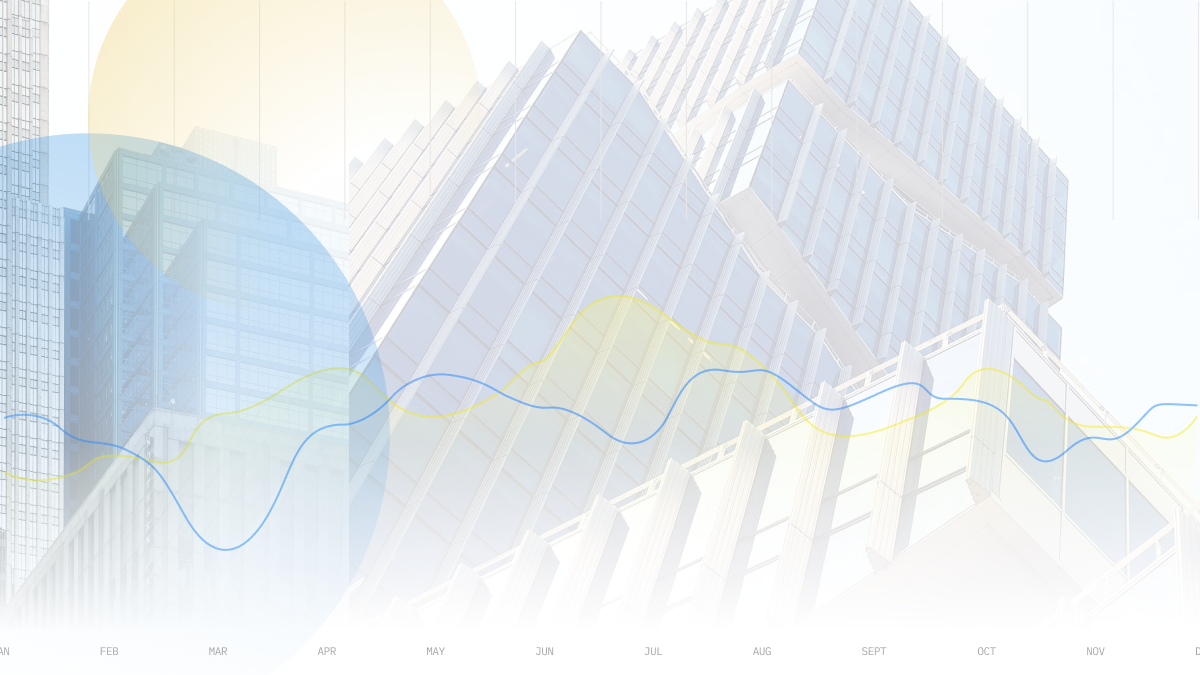




January Economic Update: Growth slows, prices rise
 DOWNLOAD
DOWNLOAD

Inflation Update: Up, up, and away?
 DOWNLOAD
DOWNLOAD

Quarterly Economic Growth Release: Growth takes on a slower pace
 DOWNLOAD
DOWNLOAD



Philippine cbank chief signals policy tightening unlikely anytime soon
MANILA, Oct 17 (Reuters) – The Philippine central bank chief said on Sunday that domestic inflationary pressures were driven by supply-related factors that do not require monetary policy intervention, and that tightening policy too soon would be more harmful than waiting.
Inflation slightly eased in September to 4.8% from a near three-year peak in August.
“Since the inflation pressures are coming from the supply side, there appears to be no justification for monetary intervention,” Bangko Sentral ng Pilipinas (BSP) Governor Benjamin Diokno said in a statement.
The BSP has kept its key interest rate PHCBIR=ECI at a record low for the past seven policy meetings, citing manageable inflation and uncertain growth outlook. Diokno’s comments suggested accommodative policy settings would remain in place to support the economy’s recovery from the impact of the pandemic.
“To me, the harm that tightening monetary policy too soon exceeds the harm of moving too late, given that the Philippine economy is at its nascent state of economic recovery,” Diokno said.
In any case, he said the BSP would decide on the appropriate timing of its policy change based on the evidence at the time of such decision, and “won’t be influenced by opinion makers, market analysts or Twitters”.
The BSP expects average inflation this year to be about 4.5%, outside the 2%-4% target band, but Diokno believes the uptick was “transitory” as the headline figure is projected to settle at an average of 3.3% in 2022 and 3.2% in 2023.
Diokno said the major upside risk in the remaining months of 2021 is the potential impact of weather disturbances on the prices of key food items.
The rise in world commodity prices and the possibility of a prolonged African swine fever outbreak at home could also keep inflation elevated, but he ruled out any demand-side push to inflation.
(Reporting by Enrico Dela Cruz; Editing by Simon Cameron-Moore)
This article originally appeared on reuters.com





 By Reuters
By Reuters